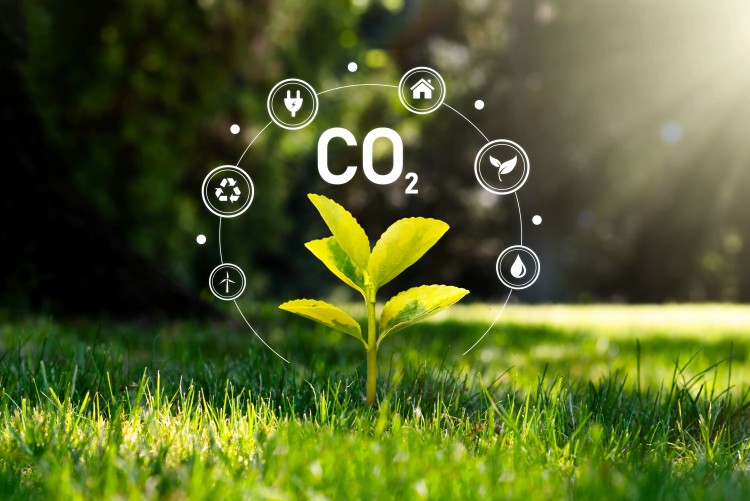RBC's Push for Client Decarbonisation

Royal Bank of Canada (RBC) outlined three new steps recently to speed up the move to a more eco-friendly economy.
These plans are part of their annual Climate Report 2023, which details progress on the bank's climate goals. The bank also released separate reports on environmental, social & governance (ESG) progress and public accountability for 2023.
They will triple loans for renewable energy across their business arms, aiming for a total of $35 billion in low-carbon energy lending by 2030.
They will set aside $1 billion by 2030 to help develop and expand innovative solutions for climate change.
They will create a new "decarbonisation finance" category within their existing framework for sustainable finance to speed up investments in reducing emissions.
In 2023, RBC became the first major Canadian bank to release a formal approach for how their capital markets team will work with energy companies (oil & gas and power generation) on climate issues. This approach includes a system to assess their transition plans.
Their initial assessment showed most energy clients have begun preparing for the switch to net-zero emissions, with 79% of their lending exposure in this sector going to clients with transition plans already in place.
"These insights into how prepared our clients are for the transition to net-zero are critical to helping us identify opportunities and areas of focus to help them bring down emissions. It tells us that most are on the journey, and they need advice and capital to get there," said Jennifer Livingstone, vice president Climate. "The actions we are announcing will help support our clients in their efforts to reduce emissions, contribute to bringing more renewable energy online and provide needed capital to innovative climate solutions."
The assessment also highlighted the need to pick up the pace on reducing emissions. RBC found it challenging to align with a 1.5°C temperature target at this early stage.
Also, RBC reported on progress towards their temporary emissions targets for the first time. Actions taken by clients to switch to low-carbon energy sources are starting to show results in the power generation sector, where emissions intensity (Scope 1) has decreased compared to the 2019 baseline. This decline is also due to RBC's efforts to increase lending in the power generation sector to clients with a larger share of renewable and lower-carbon energy sources. The oil and gas sector's emissions intensity (Scope 1-3) has remained fairly steady compared to the 2019 baseline.
For more sustainable finance news
Discover an extensive network of ESG providers here
To view and compare company ESG Ratings and Sustainability Reports, visit our Company ESG Profiles page.
Source: RBC

